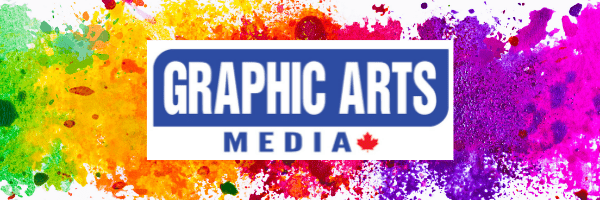The flow of information on social media is relentless, but are we better informed?
Allow me, please, to talk about one of my favourite subjects: journalism and the forces of social media that are helping to destroy it. In a recent opinion piece in The New York Times a columnist made the surprise announcement that “For two months I got my news from newspapers. Here’s what I learned.” Many readers agreed that paper and print were a far superior method for consuming news. They missed the tangible pleasures of a morning mug of coffee and newspaper.
For two months, Times columnist Farhad Manjoo, unplugged. He turned off news notifications, social networks, and only read The Times, The Wall Street Journal, The San Francisco Chronicle and The Economist. He felt unshackled from a monster who had him on speed dial, reports Manjoo, less anxious and better informed.
But rather than a promotion of print as an inherently superior communication platform, the article was more of an indictment of our hyper digital world where speed and pontificating are more important than accuracy.
In addition to that, though, the writer laments how the proliferation of information is actually making us less informed: “We have spent much of the past few years discovering that the digitization of news is ruining how we collectively process information. Technology allows us to burrow into echo chambers, exacerbating misinformation and polarization and softening up society for propaganda. With artificial intelligence making audio and video as easy to fake as text, we’re entering a hall-of-mirrors dystopia, what some are calling an ‘information apocalypse.’”
Manjoo aims his most scathing criticism at social media. Social media is great for many things and when it works it’s truly awesome. It connects us in ways that other platforms simply can’t. It’s how most of us keep up with family and friends. It can also be hugely important in disseminating timely information. For example, I’m sure the high-school students who recently marched for gun reform across the US used social media to organize and mobilize. And that’s great.
But as a steady and primary source of news it’s mostly distracting, raises our anxiety levels about the need to be plugged in all the time, and really only provides stories that affirm our pre-existing view of the world. It is not concerned with balanced reporting, fact checking, well-thought-out analysis or counterpoints to our entrenched opinions.
And sometimes it just distributes falsehoods – unchecked, as we are all discovering. We all fall for fake news, regardless of our political leanings or how well-educated we think we might be. The truly frightening and insidious consequence of this debacle is that brainwashing is actually easier than anyone ever thought when you give manipulators an inexpensive platform that they can use without fear of consequences.
In this world, real journalists operate at a disadvantage. Most real news gathering is laborious and expensive, facts have to be checked, libel laws have to be abided, and a modicum of responsibility has to be met. Even news outlets that don’t rise to the exceptional standards of the The Times have to make a fundamental effort to make sure they are not spreading lies, disseminating facts that they know are wrong, or libeling someone with spurious stories. Media outlets also have to make an effort to protect the privacy of their subscribers. In Canada, they have to abide by anti-spam legislation.
This isn’t a defense of everything the media does. Writers, editors and publishers are all people and liable to make mistakes and show biases. This is to say that when you take on the distribution of news and content you have to follows laws and if you break them you face consequences, from lawsuits to fines to ruined reputations that can hurt a business.
Social media platforms aren’t encumbered by any of these limitations. In journalism, repeating libel is also libelous. Should Facebook, for example, be held legally accountable if any of its members spreads material. If it’s not, then what strictures does it operate under? Who checks to see that no one posts hate speech? Who checks the facts? Who check that posts are coming from legitimate sources? Sadly, we know the answer to those questions.
On top of all this, social media platforms mostly make money by distributing content other publishing outlets invest in creating. Some of the blame for this rests with publishers who have made their content available on the premise that social media exposure would drive higher traffic to their own sites, which they could monetize. None of that has materialized.
What we have now is organizations that make money from content they did not pay for, that allow anyone to distribute questionable information, and that give almost unrestricted access to anyone who wants to make spiteful comments. And all without bearing any responsibility for the consequences that may be unleashed.
Maybe it’s time we all followed Manjoo’s example, unshackle ourselves from the monster, pick up a newspaper or a magazine, and avoid the information apocalypse.






Looking for a reliable agent? Visit: [Link deleted]
“Yowestogel’s perspective on Toto Midas adds another layer to the discourse. Intrigued to see their predictions unfold. [Link deleted]